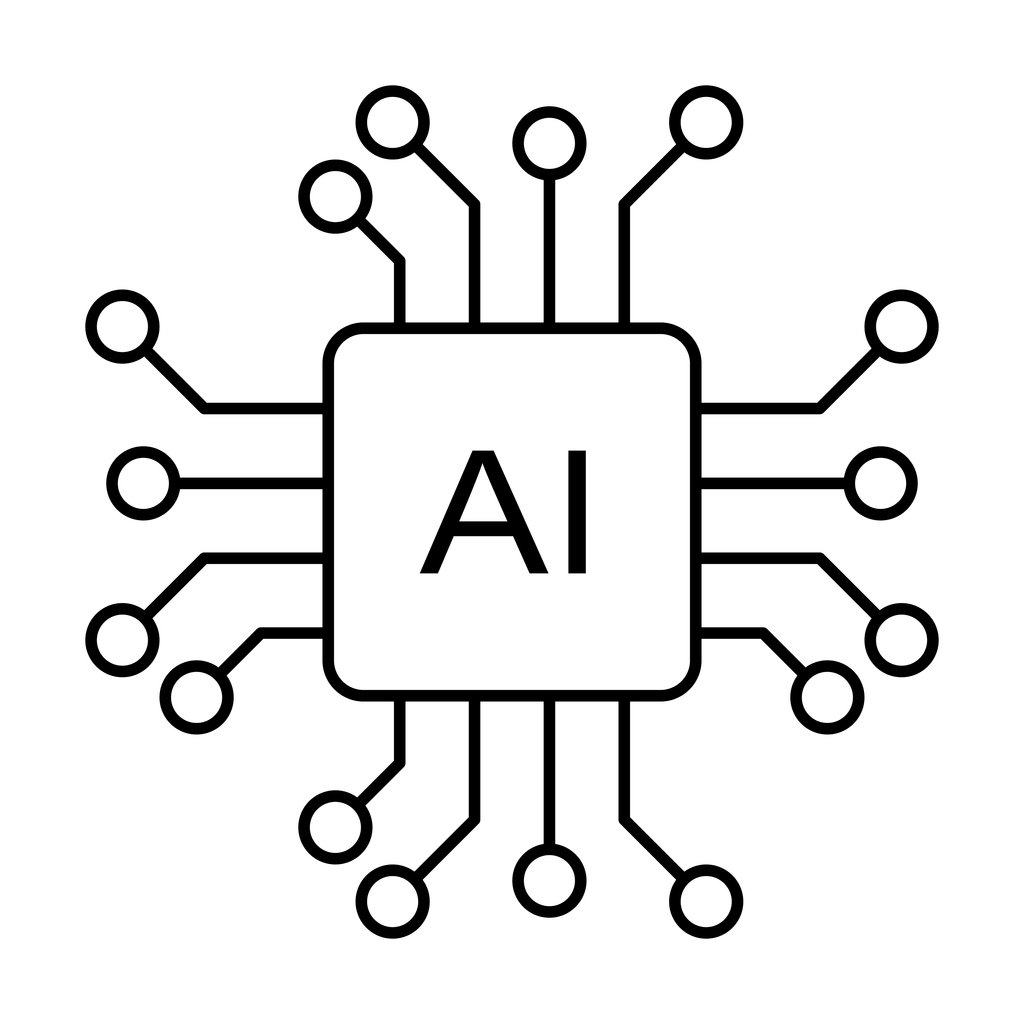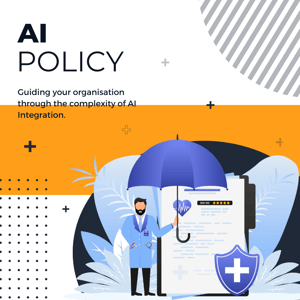Why AI Integration Cannot Wait in Today's Business Landscape
In an era where digital transformation is not just a trend but a necessity, Artificial Intelligence (AI) stands at the forefront of this revolution. For C-suite executives across business functions such as Information Technology, Human Resources, Finance, and Operations, the integration of AI into business systems is no longer a futuristic vision but an immediate imperative. The dynamic business landscape of today demands agility, innovation, and foresight—qualities that AI enhances across unique business functions.

The Immediate Need for AI in Today's Business
AI integration is not merely an upgrade; it's a fundamental shift in how businesses operate and compete.
In the Information Technology sector, AI facilitates the automation of routine tasks, enhances cybersecurity through predictive algorithms, and drives innovation by providing insights from big data analysis.
For Human Resources, AI transforms recruitment processes by identifying the best candidates, automates administrative tasks, and personalises employee experiences, leading to improved engagement and retention.
Finance departments leverage AI for real-time data analysis, risk assessment, and predictive modelling, enabling more informed decision-making and strategic financial planning.
In Operations, AI streamlines supply chain management, optimises logistics, and increases efficiency in production processes. The integration of AI across these functions not only drives operational efficiencies but also creates a competitive edge and fosters a culture of innovation.
Overcoming the Hesitation: The Risks of Delay
Despite the clear advantages that we know are evident from AI doption, so many organisations hesitate to embark on AI projects. This is primarily due to the many perceived complexities and the challenges of integrating AI into their existing systems. However, the cost of inaction as you know already - is always far greater than the cost of progressing with the inevitable . The risk is not just in falling behind your competitors who have been quicker to adopt AI - the risk is also in missing out on the opportunity to redefine the market and set new standards of excellence and efficiency.
The hesitation often stems from a lack of in-house AI expertise and concerns about the initial investment. However, the focus should be on the long-term ROI that AI promises. The integration of AI leads to significant cost savings, increased revenue through innovation, and enhanced customer and employee satisfaction. Furthermore, the evolution of the AI technology landscape has brought more accessible and adaptable solutions to the market that have significantly reduced the barriers (and excuses) to taking action, for businesses of all sizes.

A Strategic Approach to AI Integration
For organisations at the cusp of this transformation, a strategic approach to AI integration involves several key steps:
Assessing AI Readiness: Before diving into AI projects, assess your organisation's readiness in terms of data infrastructure, talent, and culture. This assessment will guide the development of a strategic AI roadmap tailored to your unique business needs.
Identifying High-Impact Areas: Focus on business areas where AI can deliver immediate value. Whether it's automating routine tasks to free up human creativity or analysing data to uncover insights, start with projects that promise quick wins to build momentum.
Building or Acquiring AI Expertise: Developing in-house AI capabilities or partnering with AI experts is crucial. This ensures the successful implementation of AI projects and the continuous evolution of your AI strategy.
Fostering a Culture of Innovation: AI integration is as much about technology as it is about people. Encouraging a culture that embraces change, values data-driven decision-making, and supports continuous learning is vital.
Measuring Success and Scaling: Establish clear metrics to measure the success of AI initiatives. Use these insights to refine strategies and scale AI integration across the organisation.

Thrive or Don't Survive
The integration of AI is not a question of "if" but "when".
For leaders in business functions such as Information Technology, Human Resources, Finance, and Operations, the time to act is now and those who embrace AI will not only survive but thrive, setting new standards of excellence and innovation.
The benefits of AI extend beyond operational efficiencies to include strategic advantages in market positioning, customer engagement, and employee satisfaction.
Those who embrace AI will not only survive but thrive, setting new standards of excellence and innovation.
AI integration represents a transformative opportunity for businesses across all sectors. By overcoming hesitancy and embracing AI, organisations can unlock unprecedented efficiencies, innovations, and competitive advantages. The journey requires a strategic approach, focusing on readiness, high-impact areas, expertise development, and a culture of innovation. The future of business demands AI integration, and the time to act is now. Leaders who navigate this transition effectively will not only secure their organisations' future but also redefine the landscape of their respective industries.


